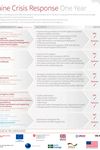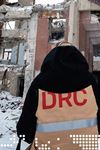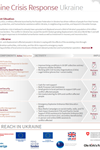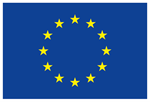
Serbia
DRC's programming in Serbia began in 1993 and has grown out of DRC's comprehensive interventions in response to the large-scale forced migration resulting from the wars in the former Yugoslav republics triggered by the dissolution of the former Socialist Federal Republic of Yugoslavia. During the so-called European migration crisis in 2015, DRC launched additional emergency relief operations to provide protection and assistance to persons of concern and support the Government of Serbia in tackling migration management challenges and responding to humanitarian needs. Since March 2022, DRC has been involved in supporting vulnerable persons arriving from Ukraine.
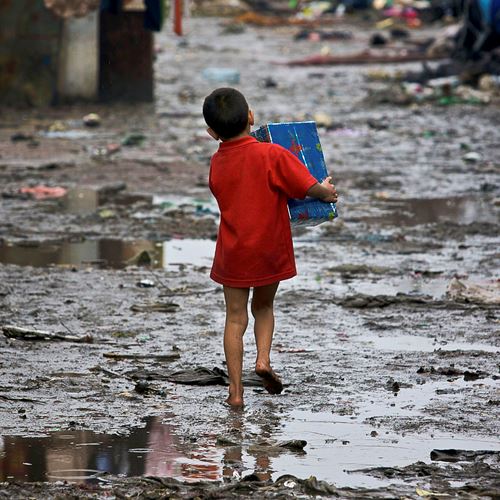
Development
Source: | UNHCR
Displacement Trends
Definitions
EDPs: Refugees under UNHCR’s mandate
IDPs: Internally displaced persons
Asylum seekers: People whose claims for refugee status have not yet been determined
Stateless: People not considered as nationals by any State
HST: People living in Host Communities
OIP: Others in need of International Protection
OOC: Others of Concern
Forecast
DRC forecasts are based on a machine learning tool that has been developed to predict forced displacement (IDPs, refugees and asylum seekers) at the national level 1-3 years into the future.
Why we are there
Anchored in interventions in the former Yugoslavia since 1993, DRC is a well-known actor in the region and has been able to continue to respond to post-conflict needs among people affected by the derived crises.
The arrival of people in Serbia in 2015, during what is often labelled as the Europeam migration crisis, led DRC to expand its programming and launch further emergency relief operations. This includes protection services and assistance to persons of concern, as well as supporting the Government of Serbia in tackling migration management challenges and responding to the increasing humanitarian needs.
What we do
DRC supports vulnerable individuals and communities affected by the Yugoslav conflict and its aftermath, as well as people on the move in Serbia. This entails engagement in the health sector, provision of psychosocial assistance, shelter support, cash-based assistance, and Water, Sanitation & Hygiene (WASH) interventions. DRC's support aims to improve reception conditions in Transit, Reception and Asylum centers in Serbia, as well as access to protection services, and targets men, women and children at risk.
Working in collaboration with

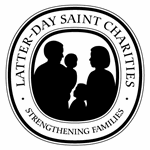

UNFPA in Serbia

UNHCR in Serbia

UNICEF in Serbia

US Department of State

WHO in Serbia
Contact

Ivana
Milanovic Djukic
Country Director

